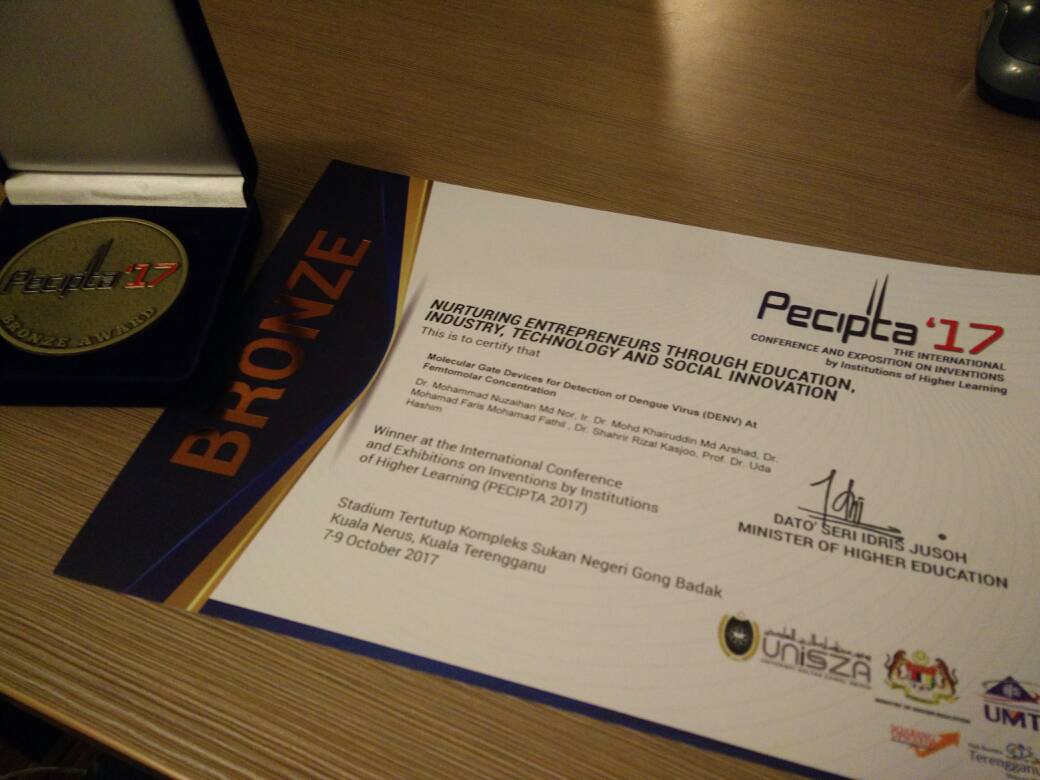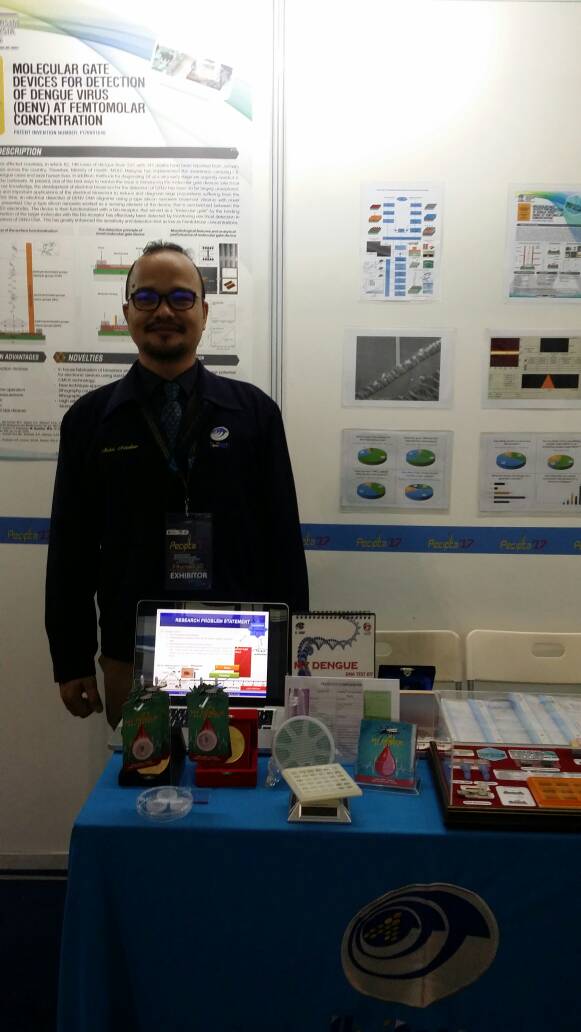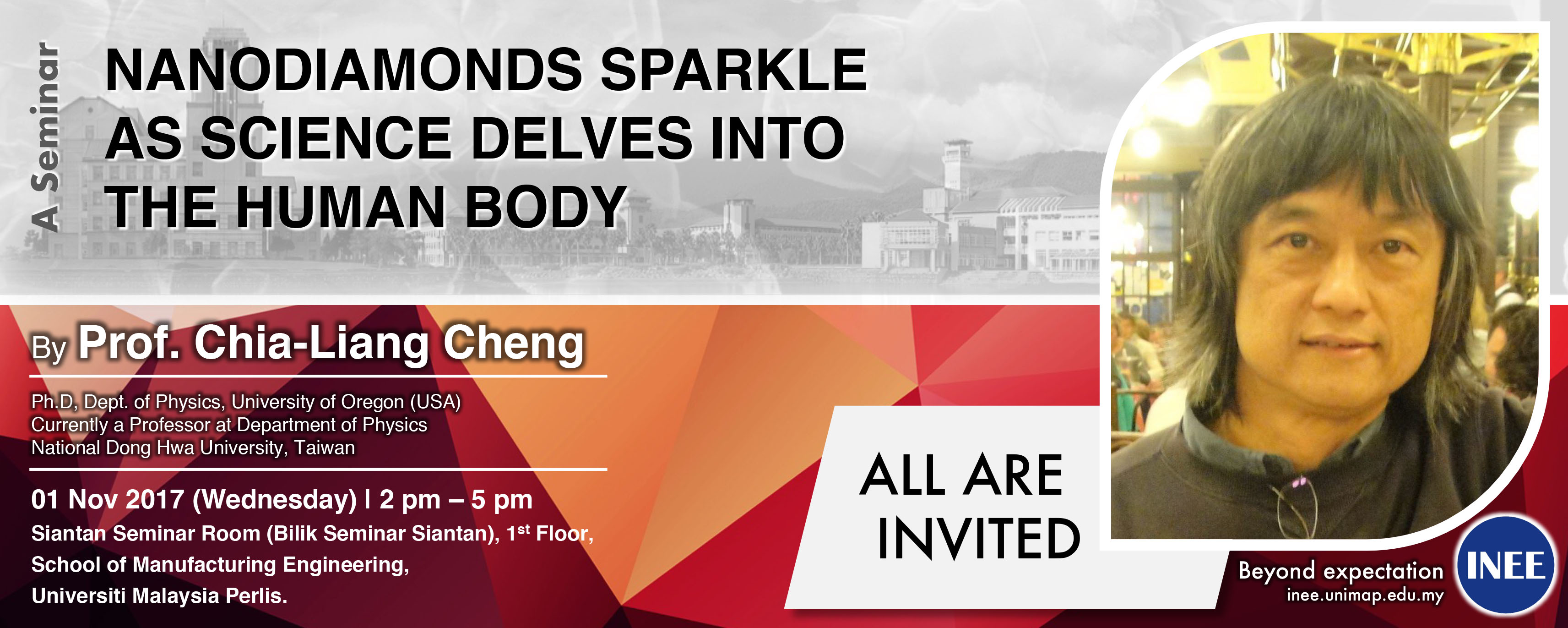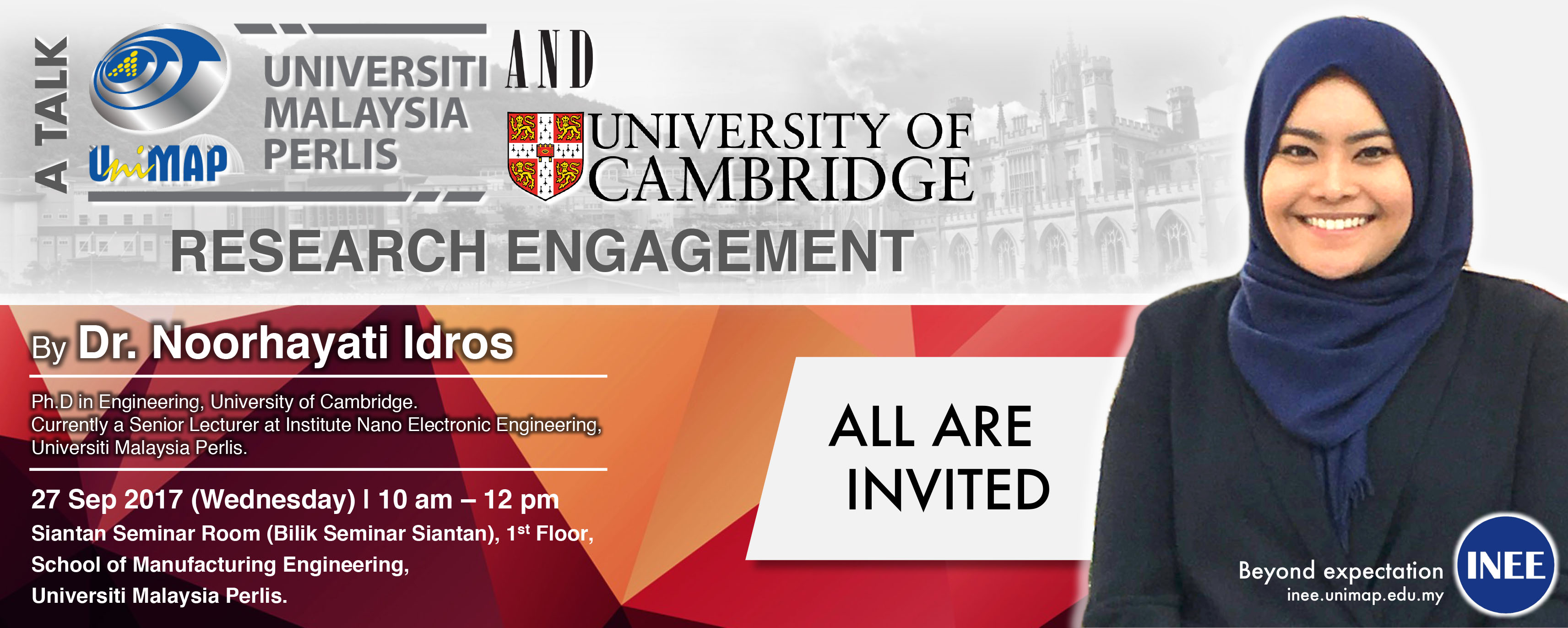Abstract – Thin films of reduced graphene oxide–multiwalled carbon nanotube (rGO–MWCNT) composites were demonstrated as sensing membrane electrodes for single-stranded DNA (ssDNA) detection. The morphology of the rGO–MWCNT composite thin films was observed via field emission scanning electron microscopy. The GO sheet and MWCNTs were clearly obtained, and the MWCNTs were uniformly distributed on the surface of the GO. The chemical bonding of the rGO–MWCNTs was examined using Fourier transform infrared spectroscopy. The element compositions of carbon, silicon, and oxygen were confirmed via energy-dispersive X-ray spectroscopy and X-ray powder diffraction analysis. The biosensor demonstrated high sensitivity to the ssDNA target with a linear range from 500 to 100 pM. Furthermore, the biosensor demonstrated good selectivity, reproducibility, and long-term stability for DNA detection. Since, the biosensor responded very-well and demonstrated excellent detection capabilities, it is highly recommended to be used in detecting specific biomarkers and other targeted proteins.
Corresponding Author: Ruslinda A. Rahim
Corresponding Author’s Email: ruslinda@unimap.edu.my
Abstract text: PDF
















